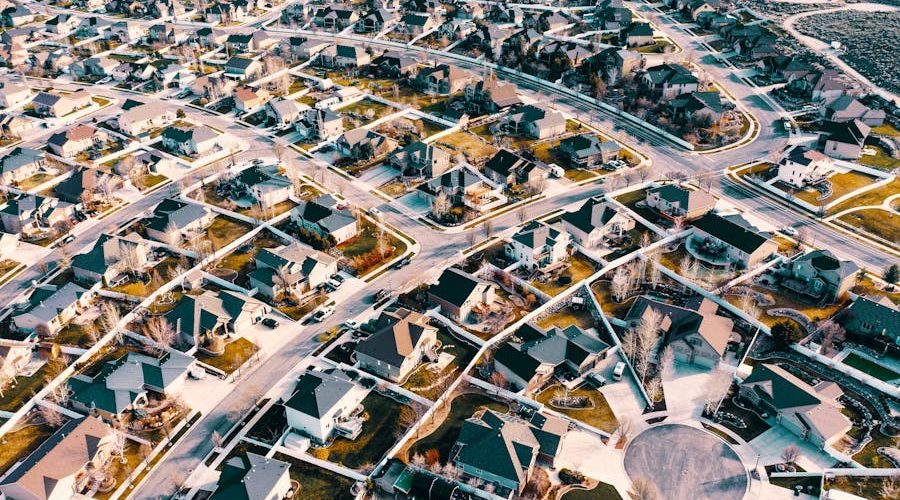While the 2023 legislative session did little to solve Arizona’s ongoing housing supply crisis, this year’s gathering of 90 elected legislators has offered some hope that relief is coming.
The state faces a housing deficit of more than 270,000 homes, according to analysis by the Arizona Department of Housing. Lawmakers studied the issue in 2022, including holding stakeholder meetings and listening sessions in all corners of the state. The last legislative session saw ambitious proposals, but at the end of the session, no real solutions made their way through the process and onto the governor for signature.
There’s reason to hope that 2024 will be different.
The Arizona Multihousing Association, the leading advocate for rental property owners and managers, is backing several bills that remain alive, have all garnered bipartisan support and now are on their way to the Senate.
First, Rep. Matt Gress, R-Phoenix, sponsored HB2518 to have cities and towns with a population above 30,000 perform a housing needs assessment. Each community understanding its housing shortfalls and true needs will lead to better policies to fix the problems. To streamline the development process and minimize administrative delays, the bill would require cities to make a rezoning decision within 180 days of receiving an application. The intent is to alleviate the cumbersome delays that impede developers from promptly introducing new homes and apartments to the market, thereby reducing costs for both developers and prospective homebuyers.
House Majority Leader Leo Biasiucci, alongside a bipartisan group of lawmakers, introduced HB2297, a groundbreaking proposal that empowers developers to transform underutilized or vacant commercial developments into new housing options, with a mandatory inclusion of low- and or moderate-income options. The bill streamlines the conversion process for developers, enabling them to repurpose vacant shopping centers and office buildings for housing without going through a protracted rezoning process. Conversions allow developers to capitalize on existing infrastructure, leading to enhanced property values and increased tax revenue.
LeVinus
HB2734, sponsored by Democrat Rep. Analise Ortiz, mandates that municipalities in Arizona hold a maximum of two public hearings on residential zoning ordinances, aiming to streamline zoning cases while ensuring adequate public involvement and feedback. Currently, some cities such as Tucson, Phoenix, and Scottsdale conduct more than three public hearings, leading to significant delays in project entitlement. By limiting public hearings to two, unnecessary time delays for both the Council and developers can be avoided, while still allowing for local input. The measure also seeks to simplify approval processes and encourage collaboration between municipalities and developers, ultimately expediting project approvals while upholding local authority.
All three bills have received bipartisan support in House committee hearings as well as the floor vote. The AMA is hoping to get enough support to propel all three bills to the governor’s desk for her signature.
At the same time as we are supporting these legislative efforts, the AMA is also encouraging cities to take steps to alleviate the housing crisis. Cities need to loosen regulations on casitas – accessory dwelling units – to allow for more options to house family members or to offer them for rent. And expedited timelines to approve rezoning cases or building permits allow developers to bring new homes to market faster.
It’s long past time that the state and local communities address the significant housing shortfall. The Legislature and governor can take the first steps this session to give the thousands of people who move to Arizona every year more options.
Courtney Gilstrap LeVinus is the president and CEO of the Arizona Multihousing Association.
















Add comment